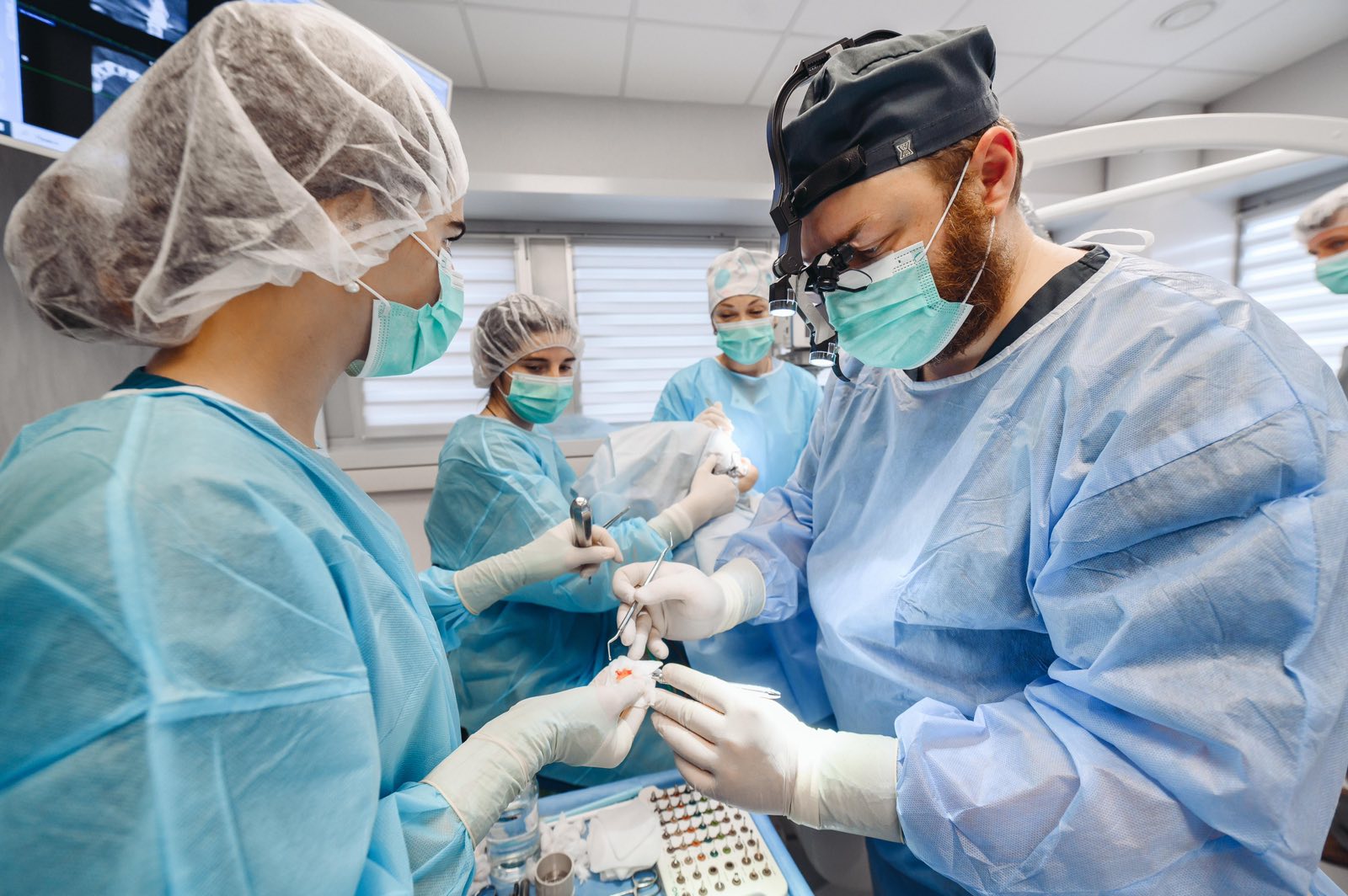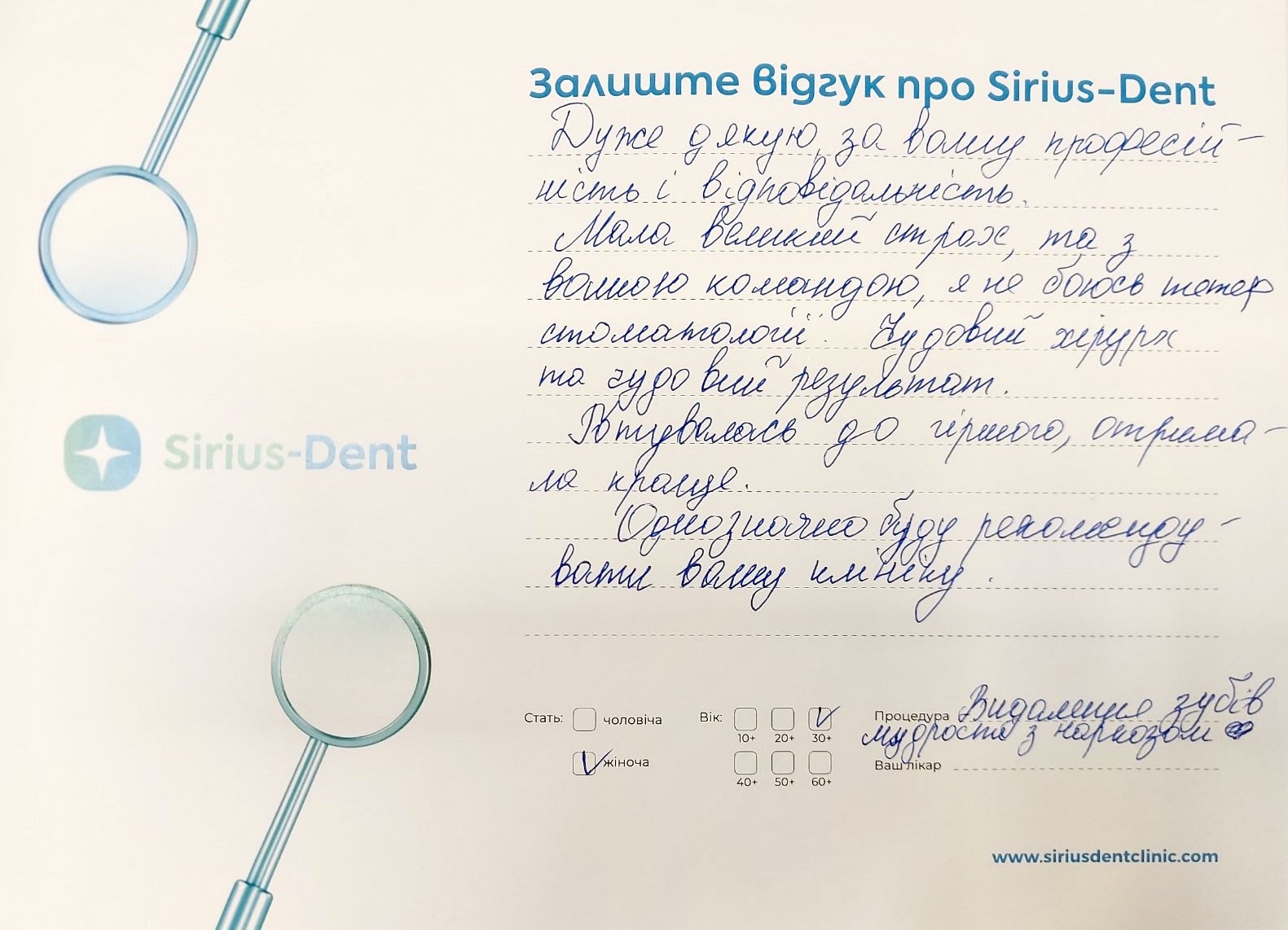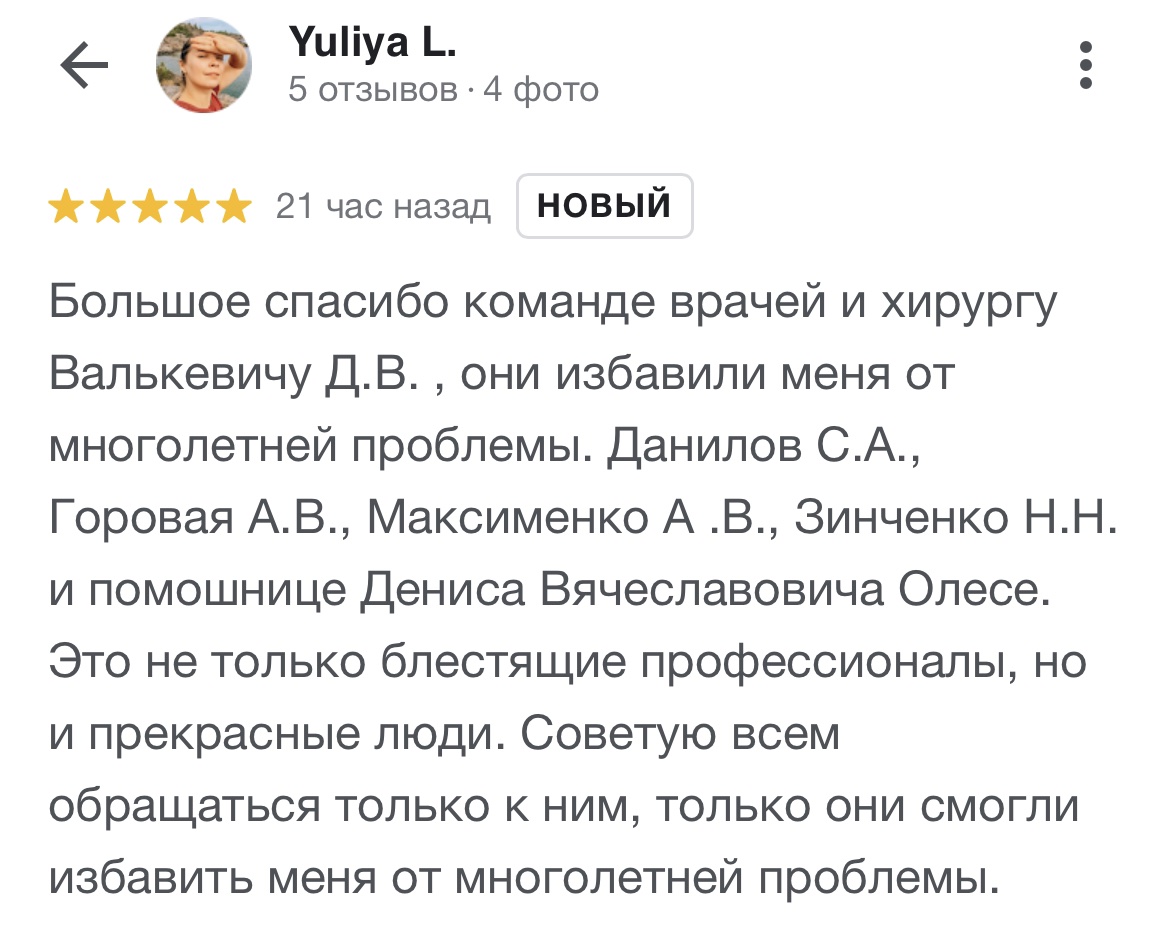Maxillofacial surgery
Treatment of fractures and dislocations of teeth
Usually, the cause of a fracture or dislocation of a tooth is a mechanical injury: a person fell, bumped, tried to chew on something hard, was hit in the jaw, etc. But now another important factor has been added — bruxism. Due to a high level of stress during the day, the tone of the masticatory muscles increases in people, and in their sleep they clench their teeth strongly and grind them.

We have patients who in this way destroy orthopedic structures in the mouth, wear teeth, crush enamel fragments and even completely break teeth. If at the same time the tooth is weakened by a previous pathological process, and a seal has already been installed on it, reinforced with an anchor pin or fiberglass, it becomes more vulnerable in case of hypertonus of the masticatory muscles in a dream.
What is a tooth fracture?
A tooth fracture is a violation of its integrity, which occurs, as a rule, as a result of trauma. If we are talking about a fracture of the crown part, then the broken fragment falls off, and there is no point in bringing it to the doctor, because it is impossible to glue the tooth together. A maxillofacial surgeon or dentist will restore the lost fragment with an artificial material. With a fracture of the root of the tooth or the crown and root together, the broken part of the tooth remains in the mouth, but acquires mobility. Other symptoms indicating a tooth root fracture are severe pain when pressed, swelling, sensitivity to hot and cold, discomfort when trying to close the mouth.
Patient stories
Consult only an experienced maxillofacial surgeon
Call our administrator and make an appointment for a consultation by phone +38 (066) 125 86 31 or fill out the form on the website.

what is worth knowing
Types and causes of tooth fracture
There is a distinction between complete and incomplete tooth fracture. Just as a tooth is divided into internal and external parts, tooth fractures can be conditionally divided into two types:
- a fracture of the outer part of the tooth – as a rule, it is possible to restore it with a filling material or an artificial crown;
- fracture of the tooth root below the level of the gums – removal of the damaged tooth is unavoidable, because the fragments of the tooth do not grow.
Also, a tooth fracture can be longitudinal or vertical.
What is tooth dislocation
If, as a result of trauma or bruxism, the tooth remained intact, but shifted or fell out completely, then it is a dislocation of the tooth. Accordingly, the dislocation can be incomplete or complete. At the same time, the maxillofacial surgeon, as a rule, can return the tooth to its place and securely fix it.
Types and causes of tooth dislocation
The cause of dislocation can be a fight, mechanical trauma or bruxism. The following types of tooth dislocation are distinguished:
- complete – the tooth has completely fallen out;
- incomplete – the tooth has shifted, but remained in the mouth;
- hammered – as a result of an impact from above, the tooth was driven into the bone, and although it itself remained intact, the periapical tissues were damaged.
In case of complete dislocation, the tooth should be stored in saline solution or homemade milk until consultation of a maxillofacial surgeon.
What is a crack in a tooth
A crack in a tooth is an incomplete fracture: the enamel and dentin are damaged, but the crack ends inside the tooth, and the broken fragment of the crown remains in place. In this case, everything depends on the amount of damage. If it is insignificant, sometimes there is a chance to save the tooth: for example, you can try to saw the crack and strengthen it with a composite material. However, if the integrity of the pulp chamber is broken, such treatment will not help, because microorganisms will eventually begin to pass through the pulp and pulpitis will develop.
Types and causes of a cracked tooth
The reasons for a cracked tooth are the same as for a complete fracture: mechanical injuries, trying to chew hard food, bruxism. If a tooth is cracked, it is better to stop chewing anything, so as not to break the tooth completely, and go to the dentist without wasting time.

What will happen if the injured tooth is not treated
If you do not treat a broken or dislocated tooth immediately after the injury, it will still have to be done, but against the background of inflammation. At the same time, there will be no chance to save the tooth – it will have to be removed, and rehabilitation after the operation will be longer and more difficult than if a timely visit to the doctor was made.
Diagnosis of an injured tooth
The doctor prescribes the diagnosis of the injured tooth after examining the patient. This is usually an X-ray or computed tomography, depending on which study will be more informative in a particular case.
Treatment of an injured tooth
Treatment of a tooth dislocation is a team effort of a maxillofacial surgeon and a dentist-therapist. If the dislocation is incomplete, that is, the position of the tooth has changed, but it remains in the mouth, then repositioning is performed: the surgeon returns the tooth to the correct position, and the therapist applies a dental splint made of fiberglass. In case of complete dislocation, a team of doctors also replants the knocked out tooth together. But if the tooth was still alive at the time of the injury (it had a nerve and pulp), compression of the vascular-nerve bundle, which enters the tooth through the apex of the root, could occur. Due to such damage, the bundle cannot perform its functions, and then the nerve must be removed and the canals sealed before the operation. It also happens that before applying the splint, the dentist must perform professional hygiene and remove tartar so that it holds well. After treatment, the tooth will most likely return to its normal state.
A special case is the treatment of a blocked dislocation of a tooth, when the tooth itself is not damaged as a result of occlusal impact or bruxism, but the periapical tissues are destroyed. Such a dislocation is accompanied by the death (necrosis) of the pulp, so the tooth must be depulped and fixed with a dental splint for 2-3 weeks.
In the case of a fracture of the crown part of a tooth with damage to the pulp 2-3 mm below the gums, doctors also work together: the surgeon removes the broken part of the tooth, and the therapist makes a decision on its restoration. If the root of the tooth is broken, the surgeon removes the tooth completely, and after the operation, the patient is offered options for prosthetics. In the case of a crack, the help of a surgeon is not needed at all – the treatment is carried out by a dental therapist.
At the Sirius-Dent medical center, we have a surgeon, a therapist, and an orthodontist, so each of us is ready to join the operation at any time and provide assistance in the event of a dislocation, fracture, or crack of a tooth. Therefore, after an injury, apply at any time!
who provides this service
Patient reviews
Popular questions
What to do if a tooth is dislocated?
If a tooth is dislocated, you should contact an oral and maxillofacial surgeon as soon as possible. If a tooth has fallen out completely, preserve it in saline solution (you can buy it at the pharmacy) or homemade milk so that it does not dry out until your visit to the doctor. It is advisable to perform replantation no later than 24 hours after the dislocation, then you will have a chance for a good result.
Is it possible to set a dislocated tooth?
The reduction and fixation of a dislocated tooth is performed by a maxillofacial surgeon. If the injury caused damage to the pulp or periapical tissues, the doctor must remove the nerve and fill the canals of the tooth.
How long does it take for a luxated baby tooth to heal?
Treatment for a child’s tooth avulsion depends on the condition of the root. If the tooth is baby and the root is resolving, it makes sense to remove the dislocated tooth, which is about to fall out anyway. And if we are talking about a permanent tooth, or the roots of a baby tooth have not yet begun to dissolve, the tooth, after reversing the dislocation, will heal like an adult’s in 2-3 months.
Ask a Sirius-Dent expert at the consultation










